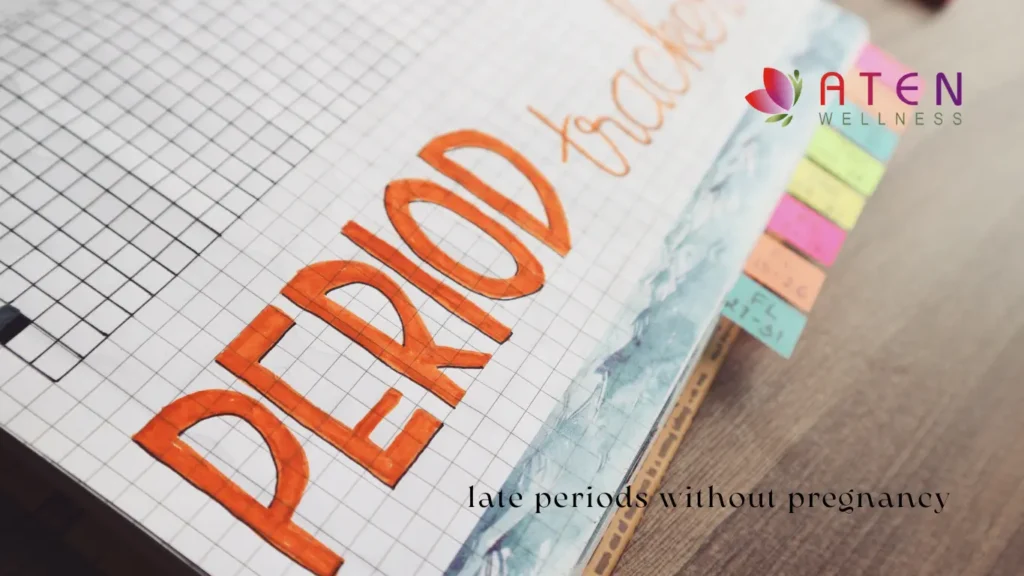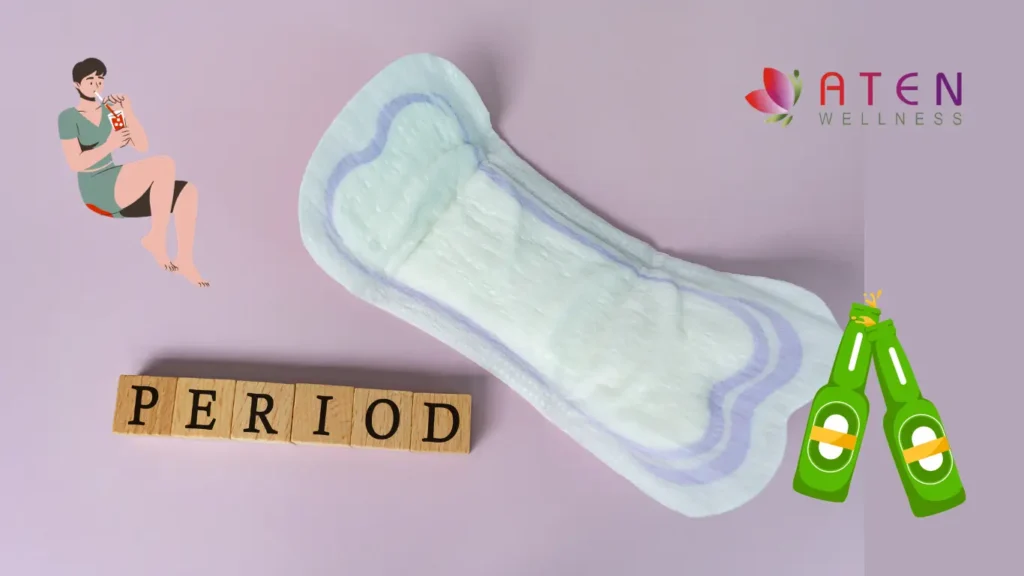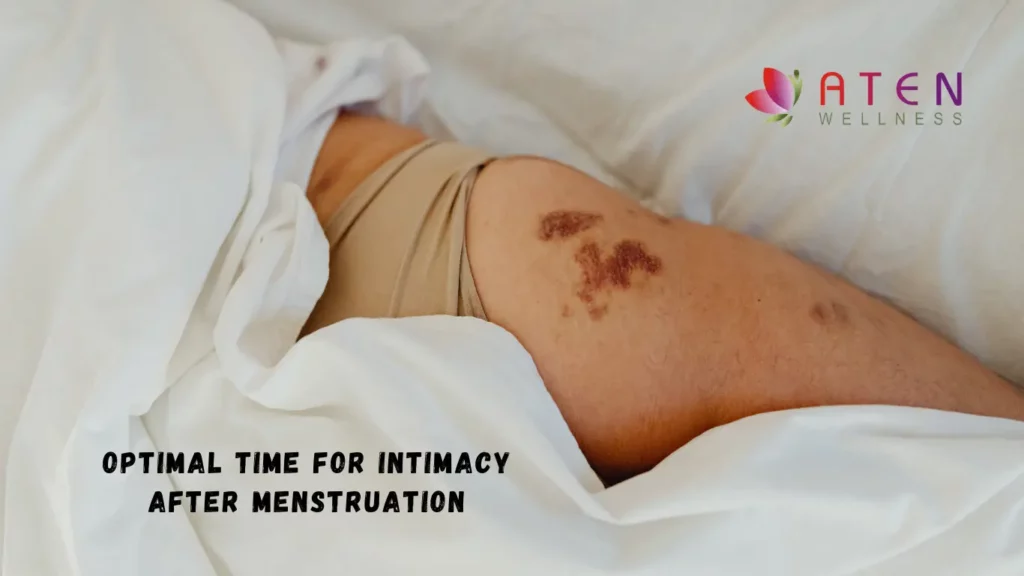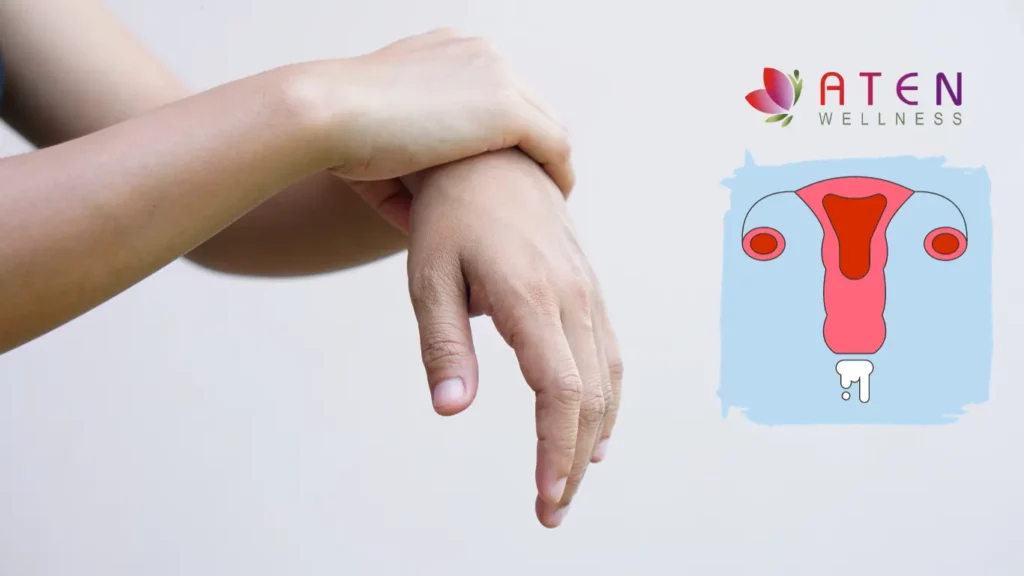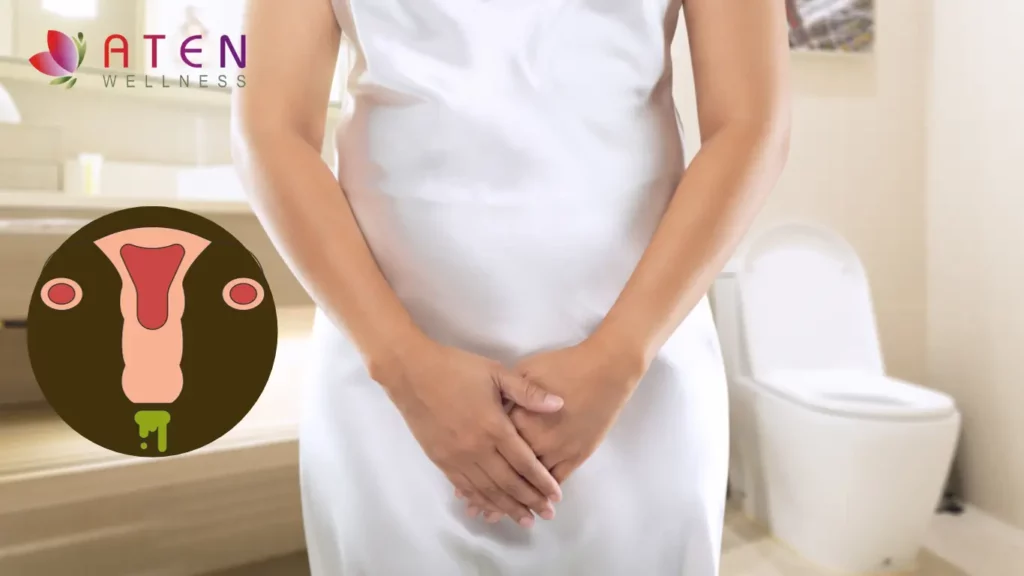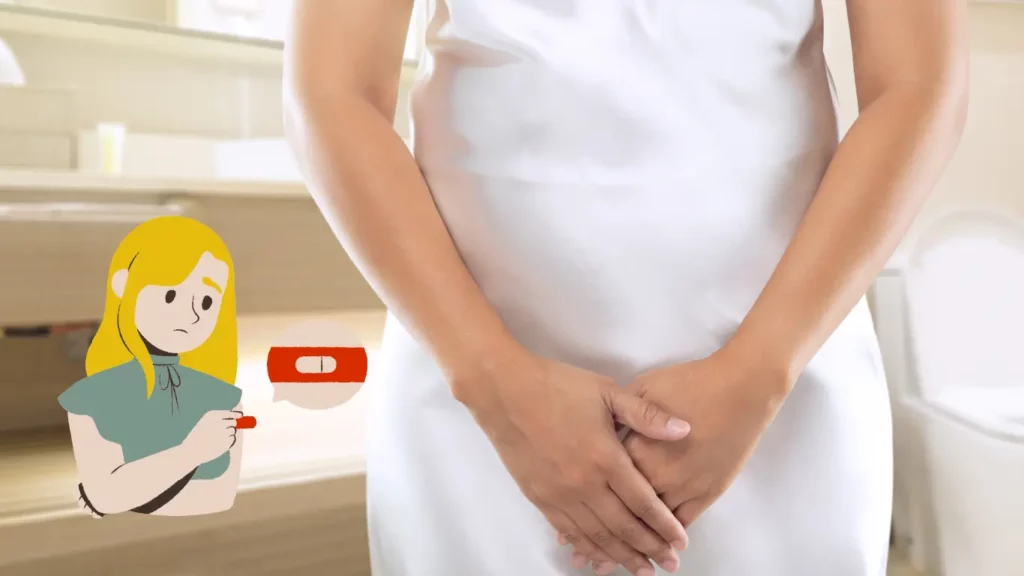What to do When Periods Are Late but Not Pregnant
What to do When Periods Are Late but Not Pregnant Late periods can be a cause for concern, leading many individuals to question potential pregnancy. In this guide, we address the nuances of What to do When Periods Are Late but Not Pregnant, offering insights and solutions for those experiencing this issue. The Menstrual Cycle: […]
What to do When Periods Are Late but Not Pregnant Read More »

